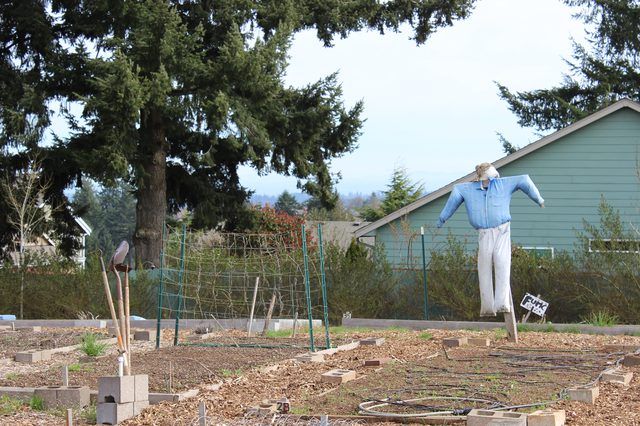Bulbs
Flower Basics
Flower Beds & Specialty Gardens
Flower Garden
Garden Furniture
Garden Gnomes
Garden Seeds
Garden Sheds
Garden Statues
Garden Tools & Supplies
Gardening Basics
Green & Organic
Groundcovers & Vines
Growing Annuals
Growing Basil
Growing Beans
Growing Berries
Growing Blueberries
Growing Cactus
Growing Corn
Growing Cotton
Growing Edibles
Growing Flowers
Growing Garlic
Growing Grapes
Growing Grass
Growing Herbs
Growing Jasmine
Growing Mint
Growing Mushrooms
Orchids
Growing Peanuts
Growing Perennials
Growing Plants
Growing Rosemary
Growing Roses
Growing Strawberries
Growing Sunflowers
Growing Thyme
Growing Tomatoes
Growing Tulips
Growing Vegetables
Herb Basics
Herb Garden
Indoor Growing
Landscaping Basics
Landscaping Patios
Landscaping Plants
Landscaping Shrubs
Landscaping Trees
Landscaping Walks & Pathways
Lawn Basics
Lawn Maintenance
Lawn Mowers
Lawn Ornaments
Lawn Planting
Lawn Tools
Outdoor Growing
Overall Landscape Planning
Pests, Weeds & Problems
Plant Basics
Rock Garden
Rose Garden
Shrubs
Soil
Specialty Gardens
Trees
Vegetable Garden
Yard Maintenance
The Best Soil for a Raised Bed Vegetable Garden
The Best Soil for a Raised Bed Vegetable Garden. With a raised bed, your vegetables benefit from a longer growing season because the soil warms-up earlier than soil in the ground and you benefit from less bending over to tend to your garden. Plant health, moisture retention and proper drainage are all achieved with raised beds and also when you...
With a raised bed, your vegetables benefit from a longer growing season because the soil warms-up earlier than soil in the ground and you benefit from less bending over to tend to your garden. Plant health, moisture retention and proper drainage are all achieved with raised beds and also when you choose the right ingredients to fill your raised-bed garden. Add the soil ingredients in layers and mix and water at regular intervals as you fill the beds.

One quarter of your soil mixture should be garden soil. You can purchase it in bags from a garden center or in larger, bulk quantities from soil and gravel dealers. Quality garden soil supplies basic nutrients and a coarse particle size to help with drainage. Before adding purchased garden soil, till the underlying soil so it's not compacted.
Composted organic material should be a quarter of your mixture. Use a blend of composted manure, composted wood products and humus from composted leaves and vegetation. Purchase different types of compost and mix them together before adding them to your soil. Compost gives your soil carbon and nitrogen that plants need. Soils in wet climates with lots of rain lose nutrients even faster than soils in drier climates.
Peat moss aids water retention and root growth. Use peat moss as a quarter of your soil mixture. Buy it in compressed bales then cut them open and break up any compressed clods that may have formed before adding them to the raised bed. Peat moss is especially important in a raised bed because the soil dries out more quickly above ground than it does underground especially if you live in an area with hot, dry summers.
Coarse, agricultural-grade vermiculite is the final quarter of your soil mixture. Asbestos-free vermiculite is available from most nurseries and garden centers. If not available, substitute with perlite. Vermiculite aids water retention and its larger particle size aids drainage. If your soil is overly sandy and falls apart in your hand when you form a ball with wet soil, it is overly sandy and needs less vermiculite than more dense soil.